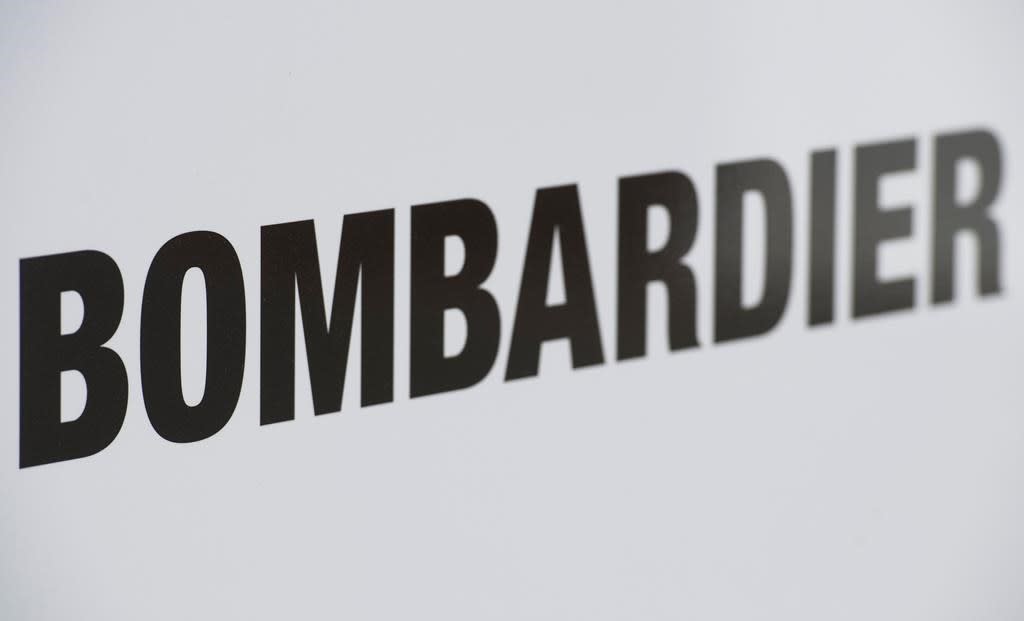All I know is that you buy Bombardier stock when it hits $2 a share. Then you sell it. Then you buy it when it falls below $2 again. Bombardier is not a real company in a real business. You can't blame the company for being embroiled in politics and politicking because that is the only thing that backstops it's value from being zero. That's the $2 value, a belief that Federal and Provincial government will support it. If it wasn't controlled by a family you could say that it's parts had so-and-so value (and should be sold immediately to more competent foreign interests) but that is not currently the case.
This viewpoint would be the death of an advanced economy in Canada.
Bombardier, after the sale of the CRJ, Q and CSeries programs will still be the fourth or fifth largest airplane maker in the world.
Consider the competition and their home market populations:
Boeing - 330 million, Airbus - 500 million, Embraer - 210 million, COMAC - 1.4 billion. And all their competitors getting plenty of overt and covert state aid. For example, developing composite technology takes years and hundreds of millions to develop. How do you get the government to pay for it? Develop it under a military program and then transfer them to your civil program.
Local news, sports, business, politics, entertainment, travel, restaurants and opinion for Seattle and the Pacific Northwest.

old.seattletimes.com
If we want Canada to have an economy that is more than flogging rocks and cardboard skyboxes, we're going to get over this nonsensical idea that we can simply avoid protecting our national champions and that selling them off for parts will work out really well for us in the long run.
Having spent 2.5 years on a military education exchange in California, I get especially frustrated with all those ignorant enough to suggest that Silicon Valley is all about pure capitalism. Pure ignorance on the sheer amount of defence spending and activity in California. LA and the Bay Area are full of defence contractors. The third largest employer in Silicon Valley is not some social media company or consumer hardware company. It's Lockheed Martin.
If you believe that government funding only harms innovation, let us introduce you to Uncle Sam's most successful start-up: Silicon Valley

www.inc.com
People think innovation is happy accident. Some hippy kid probably wanted to map the world and made Google Earth on his 20% time at Google right? Nope. CIA contract.
Take a look at Google Earth 1.0.

www.businessinsider.com
When you consider what Bombardier was able to achieve without having a massive military side to their company or a full state funded R&D program, it's actually incredible. And I really am sick of people not understanding how throwing companies like BBD under the bus is selling out our future.








